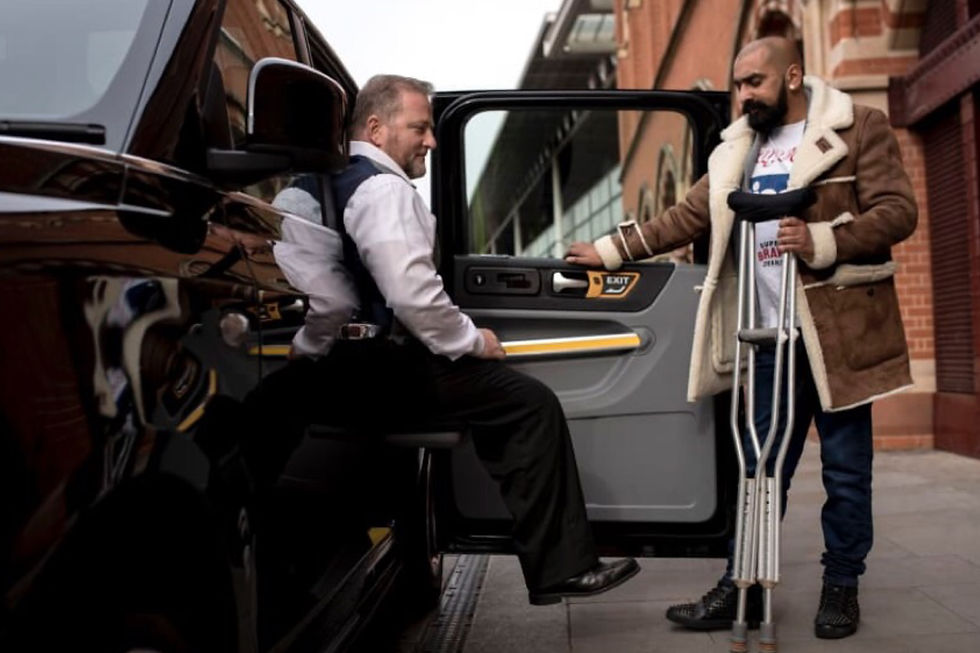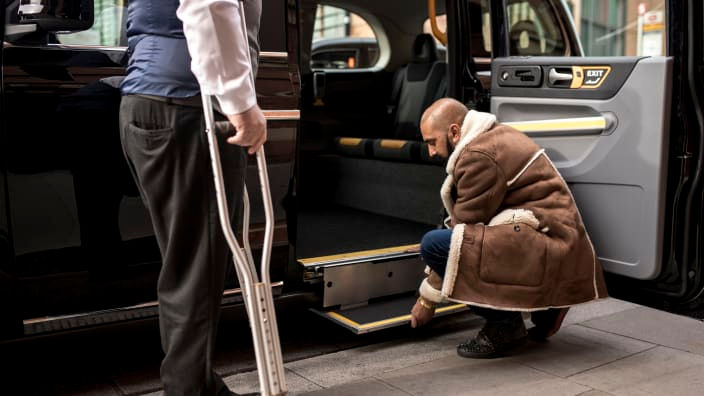London taxi trade prepares legal action SHOULD bus lane access be denied during COVID-19 easing
- Perry Richardson

- Jun 24, 2020
- 2 min read
Updated: Jun 25, 2020

London taxi trade representatives are preparing legal action SHOULD the capital’s black taxis be denied vital access to bus lanes during the coronavirus lockdown easing.
The move comes after plans where announced in May to transform parts of central London into one of the largest car-free zones in any capital city in the world.
The proposals brought in by Transport for London (TfL) and the London Mayor were thought to be necessary to enable safe social distancing as lockdown restrictions are eased and also help aid an increase in people walking and cycling.
Since the original proposals, social distancing requirements will be halved from two metres to one metre.
Whilst London’s transport regulator indicated that they would work with the taxi industry during the “detailed design” of the new Streetspace network, there has only been mentions of zero emission capable taxis being allowed access to some of the restricted areas.
London Assembly Member Caroline Pidgeon has recently raised her concerns over the proposals citing that the measure could cause undue “economic hardship” on diesel taxi drivers and could slow down the greening of the taxi fleet over time. It was also noted that “the provision of taxis operating in central London is vital to ensure disabled access is maintained”.
Whilst no firm exclusions have been enacted yet and no final decision made on which roads/bridges the industry may or may not use, the United Trade Action Group (UTAG) along with the Licensed Taxi Drivers’ Association (LTDA) are now preparing for legal action should access be denied. The two taxi groups have agreed to work collaboratively and co-fund the legal action required.
In a statement to its members, UTAG Directors Angela Clarkson and Trevor Merralls, said: “The speed and extent of these proposals, if not challenged, will have an extremely detrimental effect on our trade and passengers, especially the disabled, affecting our ability to make a sustainable living.

“UTAG was formed to preserve the future of the profession we trained so hard to be part of via a series of legal challenges; it is the Directors and Steering Committees unanimous view that the road closures has usurped everything else, and has singularly become the most important issue before us. Without a road network, we are unable to ply our trade.
“Therefore, we have proactively instructed our QC and Legal Team to prepare a Generic Statement of Claim against our exclusion from roads where buses and permitted vehicles, excluding Taxis, continue to have access.
“This would allow us to request a Statutory Hearing in the High Court should it be necessary to do so.”
UTAG also highlighted the time pressures placed on any legal action. The taxi trade would only have a 6-week window to challenge any “temporary” closures, which could last up to 18 months, under the new emergency COVID-19 act.
An announcement from TfL and the London Mayor is expected imminently detailing the taxi industry’s future access.
Image credit: LEVC








